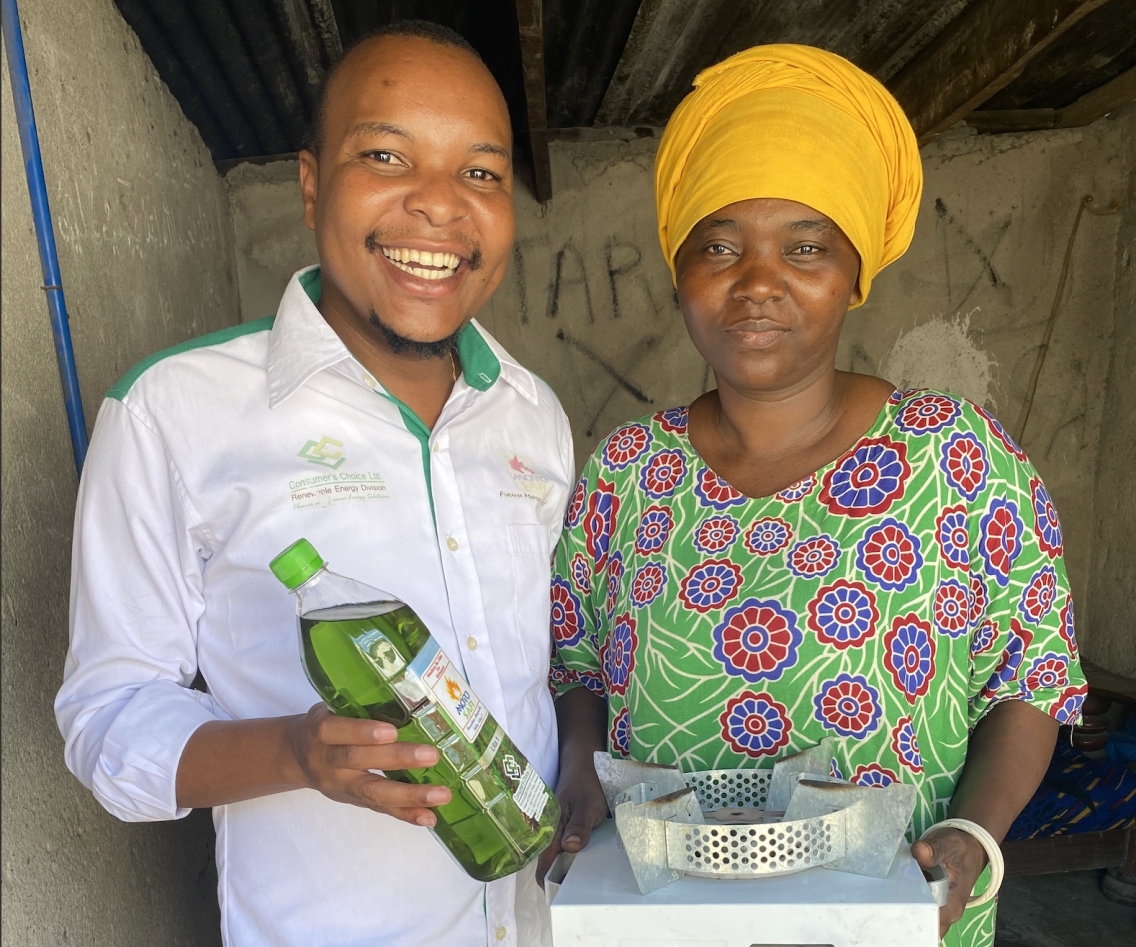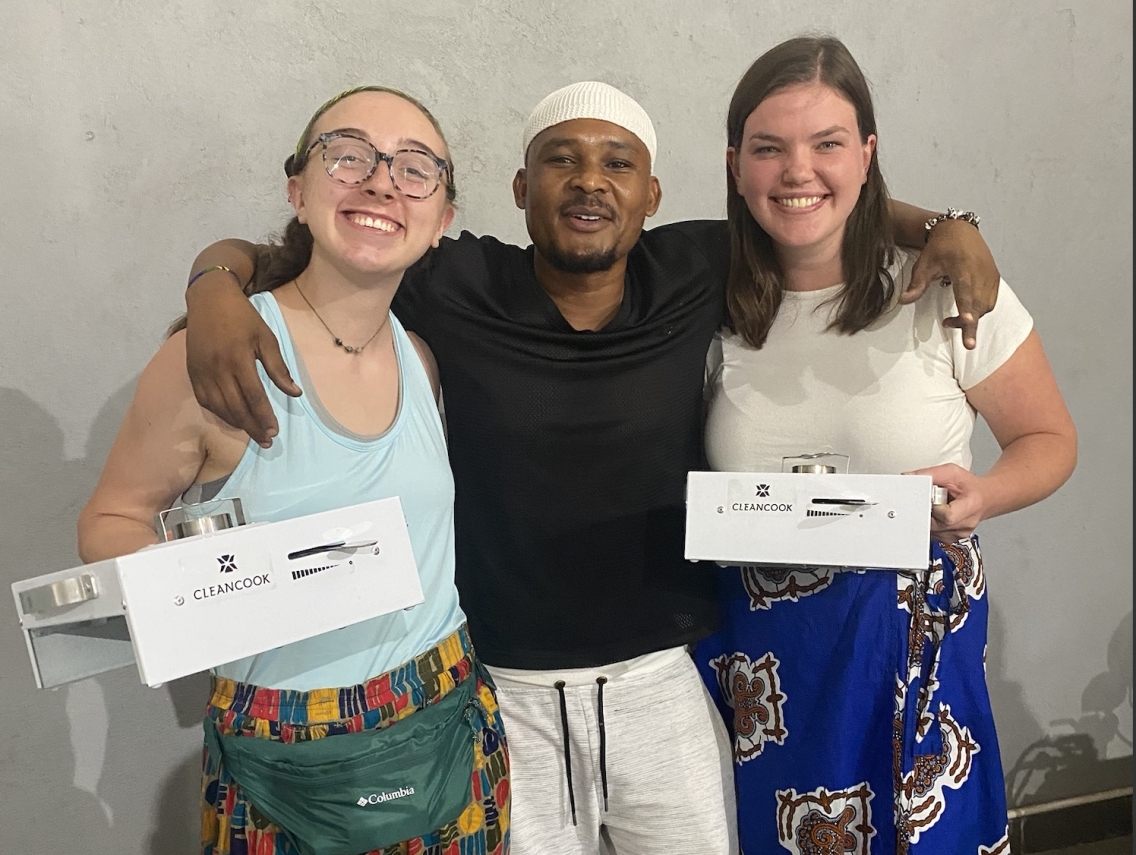Clean Cookstoves for Tanzania
The following profile is drawn from our 2021 Annual Viewbook, a report celebrating grantees, their projects, and the history of Projects for Peace. To read the full Viewbook, click here.

The ongoing COVID-19 pandemic impacted proposed Projects for Peace in a number of ways. For Julia Clevinger and Katharine Watson, public health regulations concerning outside workers entering refugee camps rendered their original project proposal, “Training and Empowering Refugee Women through Clean Energy Solutions,” untenable. However, Clevinger and Watson remained committed to completing a project, and so reimagined their work to become “Research and Development of Guidelines for Clean Cookstove Technology in Tanzania,” preserving their initial hope to empower communities with clean energy technologies.
Peace is to feel the harmony between the body and the Earth, and to understand how one cannot
survive without the other.
Clevinger and Watson partnered with the local company Consumer’s Choice Ltd. (CCL), a business specializing in ethanol-powered cookstoves. The collaboration focused on distributing the cookstoves throughout the community in concert with a push for better access to information on the positive impacts, both local and global, of a large-scale transition to clean energy cookware. “Many people use the cheapest, easiest-to-access technology that they can find,” write Clevinger and Watson. “In Tanzania, this is often because the average family lives day to day in terms of income,” and so the partnership with CCL and use of Projects for Peace funding helped circumnavigate that economic barrier.
In addition to cookstove distribution, Clevinger and Watson generated reports and articles leading to a document they submitted to the United Nations Industrial Development Organization. They hope this action will help guide future endeavors on how to “best subsidize and market” clean cooking technologies in communities that could benefit from improved access to clean cookstoves and similar products.


